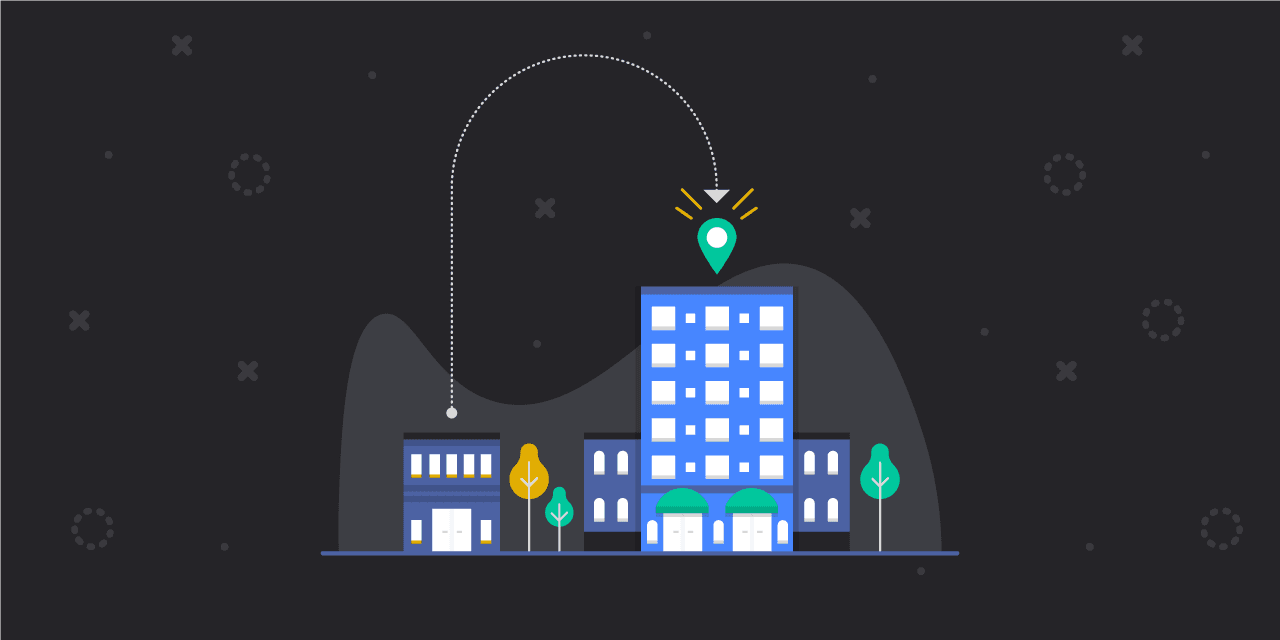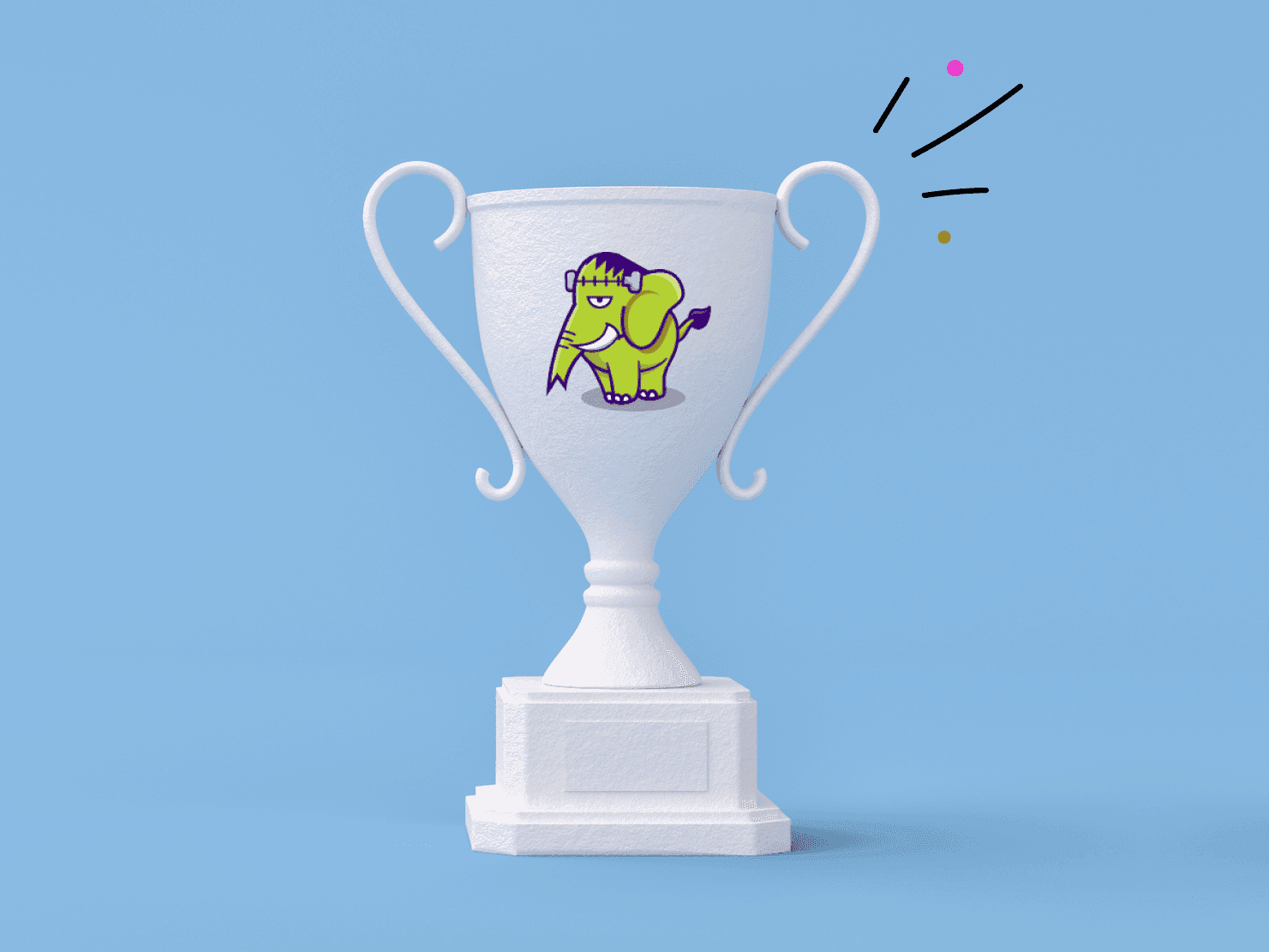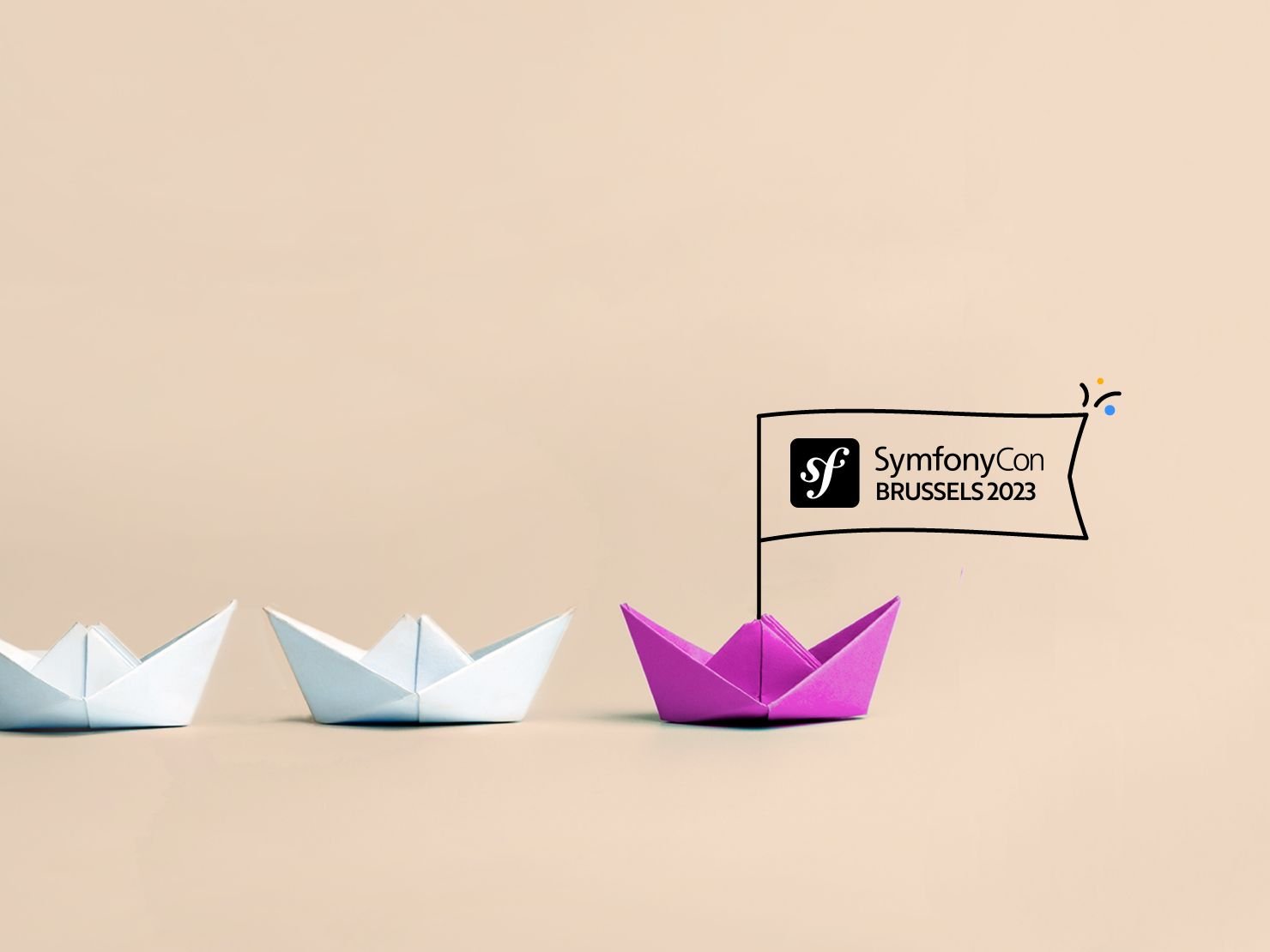There’s a common pattern within many fast-growing B2B Software-as-a-Service (SaaS) startups. (Think about Slack, Twilio, Atlassian, Github.) One can start to use their product for little money (sometimes even for free). And they have a model that can scale to accommodate enterprise customers that enables the Fortune 500 to invest millions of dollars in their SaaS subscriptions. But these companies didn’t begin their journeys in the enterprise market; they got started by selling to startups or small teams within larger organizations that often carefully maneuvered their way around their companies’ purchasing policies (expensing software on a manager’s credit card, for example [yes, I’ve seen this many times!]), before they really worked hard to create an attractive, lucrative enterprise offering.
For a SaaS B2B company, starting in the enterprise market is hard. And in the early days, working with small and midsize businesses (SMBs), especially startups, is often a more direct path to growth. Smaller organizations are easier to work with; sure, they’re careful about their spend, but they make decisions quickly and can move equally quickly to adopt your software. Sales cycles are short. SMBs are less reluctant to buy from an early stage company. And their requirements rarely include expensive and challenging compliance programs that larger companies must consider.
From a revenue perspective, selling to SMBs also means that your average Annual Contract Value (ACV) will probably be between the three and five-figure range, and your churn rate will be higher than if you sell to enterprise customers that tend to remain on a platform longer. So, scaling your SaaS business above US$10 million (let alone to US$100 million) of Annual Recurring Revenue (ARR) becomes extremely challenging—if you narrowly focus on only that market segment. With an average ACV of US$5,000/year, you need to convince and retain 20,000 customers to reach US$100M in ARR. That’s a lot of customers. It’s likely your business will scale much faster if you can progressively increase your ACV numbers and acquire customers who'll spend between six and eight-figure ACV numbers on your platform.
What does it take to adapt your SaaS offering to meet enterprise requirements?
1. Enterprise customers will expect to have the ability to customize their own experiences or plug your software into their stack. Your software needs to enable that level of integration/customization, and moreover, enable service integration companies to customize your software for these customers. Consider organizations like Salesforce, NetSuite, Magento, WordPress, Acquia. Having delivery partners that make money on top of your software is a golden asset! Suddenly, you’re not the only one selling your product. You’re at the center of a partner ecosystem that will feed you with business opportunities, that value their relationship with you, and want to promote your business. That’s a win/win. And to get there, your software will need to provide an API-first approach, rock-solid documentation, and ideally, open-source capabilities to customize the software on a Platform-as-a-Service (Paas). But also, these IT services will need to be managed, and offering a PaaS to build and manage their customization will be of the essence. We’ll get back to that.
2. Multitenant capabilities. There are two approaches to run a scalable number of customers on your SaaS. You can decide to deal with multitenancy on the software level or you can deal with it on the infrastructure level. Having one software instance for each of your customers—and trust the infrastructure to deal with the complexity of multitenancy—comes with a lot of very solid pros when you serve the enterprise segment.
It reduces the noisy neighbors issue by cleanly segregating and protecting all your customers.
It accommodates the management of in-depth customization for each customer, and can operate at scale (all customers have their separate software instance, so the range of changes that can be executed becomes really wide).
It enables your software to run on-prem, supporting large customers that still need everything in their own data centers, or on different public-clouds. All of a sudden, use cases—like sovereign cloud options in Europe, Russia, or China—can be delivered. These options aren’t merely nice to have; if you want to do business in these geographies, it’s a mandate for your software to run on a local cloud.
3. Provide compliance, security, and quality assurance (QA) plans. Every enterprise organization comes with its own requirements: ISO 27001, GDPR in Europe, SOC1, SOC2, PCI for e-commerce/transactions, HIPAA for healthcare, FedRAMP for government). These are critical, mandatory, or reassuring quality points for large enterprise customers currently managing businesses in a world where security threats have never been so pervasive and challenging to combat. With behemoths like Equifax flirting with bankruptcy and major breaches in the most tech-savvy companies in the world (like Facebook), this topic is now top of mind for every CIO and tech purchasing leader. To be a viable option for enterprise customer consideration, you must be prepared to offer the compliance, security, and QA plans enterprise customer industries demand.
The nice thing about a PaaS approach—and specifically about Platform.sh and our white label product—is that it can help B2B SaaS companies build an enterprise offering faster than ever before by providing a much smoother route for every one of these three major requirements.
Helping software entrepreneurs transform—profitably
Platform.sh has provided leading software companies like Magento in e-commerce, eZ Systems in web content management, and Symfony, the PHP framework, with a platform that’s fully branded and delivers a unified experience for their partners, who develop customizations and manage the customer runtime. These hundreds of delivery partners simply log in to the platform, test all their custom code, and deploy to the production runtime on a daily basis. They do this on a platform that runs on the Infrastructure of their choice (AWS, Azure, Orange/Huawei, Google Cloud), in the geographic region of their choice. All the infrastructure and cloud management are provided by the platform: security, compliance, GDPR, hourly back-ups, 24x7 monitoring—even end-user support. By leveraging Platform.sh, these companies have managed to maintain a laser-focus on providing the best software experience for their end customers while leaving the management of cloud infrastructure complexity to the Platform.sh product. Leveraging Platform.sh has enabled these software vendors to improve their value propositions, master their cost of goods sold, and boost their ACV significantly. Wins on all fronts.
At Platform.sh, our mission is to help software entrepreneurs—whether they were born in SaaS or started an open-source project, or have on-prem software they want to cloudify—to become powerful, cloud-enabled software companies. With our help, our partner, Magento, transformed its business from an on-premises software business to a cloud-first business in three years, boosting its valuation from US$200 million (when they were sold by eBay) to US$1.7 billion only four years later, when they were acquired by Adobe.
We’re committed to helping many other software vendors make their own transformations. Check out our White label SaaS Factory offer, and please reach out you’re interested in seeing how we can help your SaaS business move up the ladder to reach enterprise customers.
Ready to learn more?
Register for the 12 December Transform your software into a profitable SaaS cloud business webinar
Explore the Platform.sh White-label Saas Factory
 Switching to Platform.sh can help IT/DevOps organizations drive 219% ROI
Switching to Platform.sh can help IT/DevOps organizations drive 219% ROI Organizations, the ultimate way to manage your users and projects
Organizations, the ultimate way to manage your users and projects





